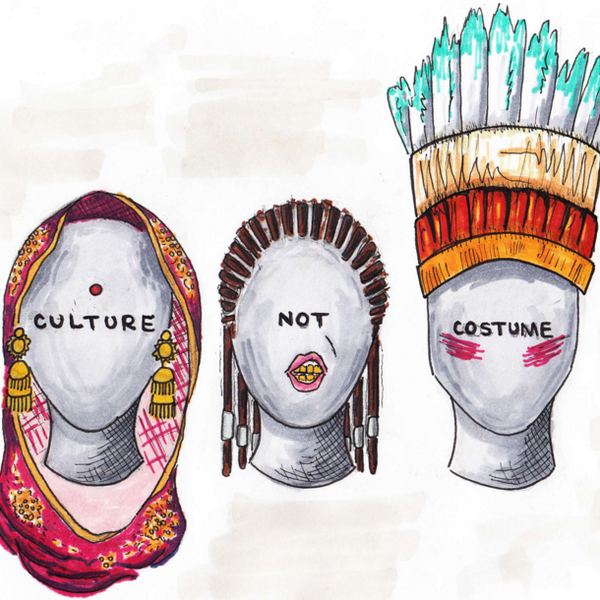There is this standard set when raising children that we must preserve their innocence for as long as possible. But this philosophy proves difficult when a parent cannot prevent exposure to the negatives in our society enough to protect the hope and optimism that children inherently possess.
Black children are aware of race in a way that white children are not. When you are marginalized your entire life, you are unconscious of a way life outside of this – in the same way that white people are ignorant of living a life without privilege. The episode titled “Hope” on the ABC show “Black-ish” that focused on police brutality highlighted the difficulty in raising black children to be hopeful in a society designed to oppress and marginalize them.
Parents of black children do not have the privilege of disguising the reality of racial discrimination, because it is a reality that black people are forced to acknowledge and endure. We are victim to discrimination before we even learn what it is. And however much we teach black children to love themselves, we cannot control how the world perceives them.
We must be taught that when some people look at our beautiful, melanin-enriched skin and gloriously thick and curly hair, they equate these features with inferiority. Every black child has to be told that white supremacy refuses to acknowledge their humanity. We are wounded by the social shackles that systematic and internalized racism create and fearful of disrupting our society’s flawed status quo.
Black children lose the innocence and wide-eyed wonder that their white counterparts still are able to revel in. It is a responsibility imposed on us from the outset. We are taught to be resilient in the face of adversity, socially conscious of how we are being treated, and how to assimilate to a white-dominated society.
Black childhood is being told to comply as a form of protection, even when being racially profiled or wrongfully accused, and knowing that it still may not be enough. It is being denied certain opportunities not based on merit or ability, but because of institutional and social prejudices that you have limited agency to change. It is knowing that, as Scandal’s Rowan Pope so eloquently put, “you have to be twice as good as them to get half of what they have”. It is being exposed to the real world and not having the privilege of being protected from it.
As black people, we cannot ever separate ourselves from the hatred directed toward us, the discrimination that we face, or the hurt we constantly feel. It is as much a part of us as the color of our skin. And, unfortunately, all our parents can do is prepare us for a fight against hatred that we do not have the advantage to break free from.



















